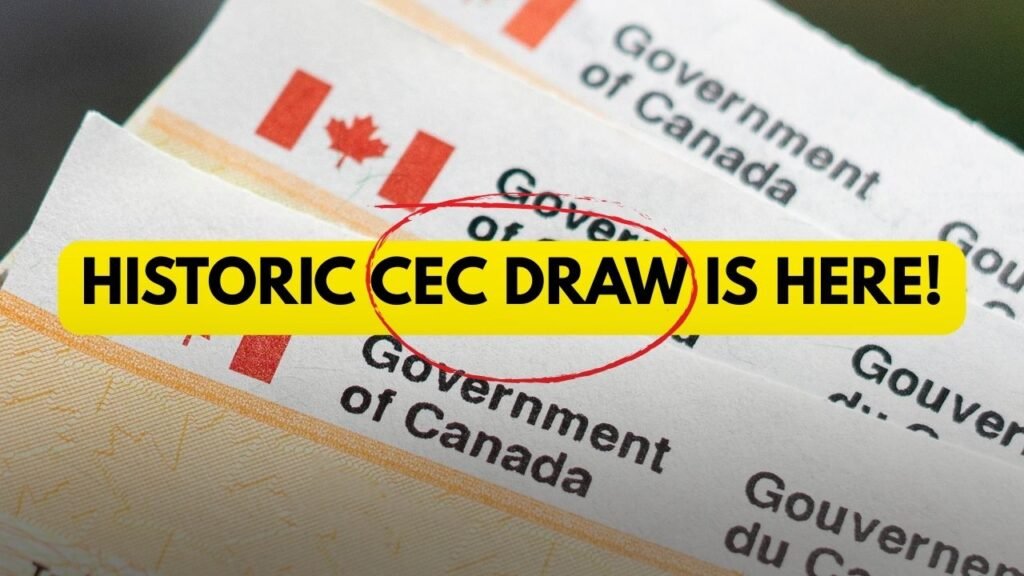What Is Misrepresentation in Canada?
In Canadian immigration and legal systems, misrepresentation refers to providing false, incomplete, or misleading information to Immigration, Refugees and Citizenship Canada (IRCC) or any other governmental body. It can be intentional or unintentional but either way, it carries serious consequences.
Misrepresentation applies to:
- False statements on applications or documents
- Withholding important facts
- Submitting fraudulent documents
- Omitting previous immigration refusals
- Using fake job offers or educational credentials
Whether it’s for a visa, permanent residency, or citizenship, honesty is not just the best policy—it’s the law.
Real-Life Examples of Misrepresentation
To understand how common and serious this issue is, here are a few examples:
- A student submitting a fake IELTS score for a study permit.
- A worker omitting a previous visa rejection from another country.
- A sponsor hiding their income or relationship status during spousal sponsorship.
Even a small lie or innocent omission can lead to charges of misrepresentation.
What Are the Consequences of Misrepresentation?
The consequences can be life-changing and include:
- A 5-year ban from entering or applying for immigration to Canada
- Loss of permanent residency or citizenship
- Removal orders or deportation
- Criminal charges in extreme cases
- Damaged reputation, making future immigration or travel difficult
How Can You Avoid Misrepresentation?
Here are simple but essential steps to stay on the right side of the law:
- Be truthful on every form and in every interview.
- Disclose all past immigration history, including refusals and overstays.
- Use authorized representatives, such as licensed immigration consultants or lawyers.
- Double-check your documents and ensure all translations are accurate.
- Seek legal advice if you’re unsure about any part of your application.
What If You’ve Already Committed Misrepresentation?
If you realize you’ve submitted false or incorrect information, act fast:
- Contact IRCC and voluntarily correct the error.
- Seek legal counsel immediately.
- Show that the misrepresentation was unintentional and cooperate fully.
Being proactive can make a difference in how your case is handled.
Final Thoughts
Canada values integrity, fairness, and transparency. Misrepresentation, even if unintentional, is taken very seriously. The good news is that it’s entirely avoidable with honesty and due diligence. If you’re ever in doubt, consult a legal expert before submitting your application.
Stay truthful. Stay protected. Your Canadian journey depends on it.











